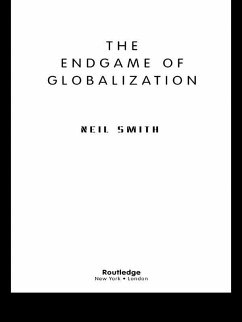This is not the first time that the US has tried to reshape the world in its own liberal image, but the third. The first effort stretched from the late nineteenth century to 1920, ending when America rejected entry into the League of Nations. The FDR administration engineered the second attempt in the 1940s, but it withered in the Cold War. The third moment-the era of globalization-began in the late 1960s, when the US transformed the Bretton Woods financial institutions and used its own economic power to enforce a worldwide neoliberal orthodoxy tied to an ideal of liberal democracy. But the effort is failing for the same reasons the preceding attempts failed.
As Neil Smith shows, the Lockean liberalism that animates American globalism has always been undercut by a crippling nationalism that exposes the contradictions built into the ideal. In each instance, a hard-edged nationalism-evident in the rejection of the League of Nations, in the policies of the Cold War, and in the current Iraq war-always surfaces and drives US actions despite America's self-perception as a champion of benign universal values. Moreover, it always generates opposition.
Attuned to history, political economy, and geography, "The Endgame of Globalization" is a sweeping and powerful account of America'scentury-long quest for global dominance and the nationalism within that invariably unravels the dream.
Dieser Download kann aus rechtlichen Gründen nur mit Rechnungsadresse in A, B, BG, CY, CZ, D, DK, EW, E, FIN, F, GR, HR, H, IRL, I, LT, L, LR, M, NL, PL, P, R, S, SLO, SK ausgeliefert werden.









